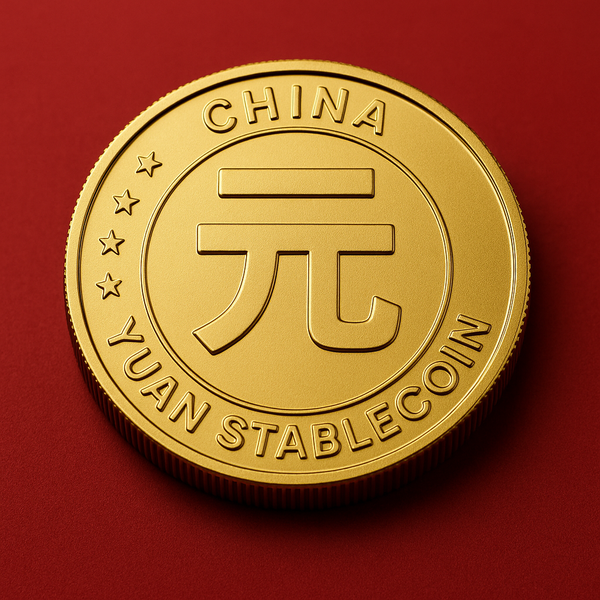
China is officially reviewing the introduction of stablecoins to expand the international use of the yuan. According to Reuters, the Chinese State Council is set to discuss a roadmap for yuan internationalization at a meeting later this month, which may include the issuance of yuan-based stablecoins and risk management guidelines.
Hong Kong is already preparing the relevant system and serving as a test bed. Locally, they are building a legal framework that allows only authorized companies to issue stablecoins, with initial licenses expected to be limited and focused on B2B. In this process, major Chinese tech giants like Ant Group affiliated with Alibaba and JD.com are actively moving to issue yuan stablecoins.
Chinese state media has also emphasized the necessity of yuan stablecoins, arguing that they could be a key means to leap forward as a global currency. Analysis suggests that "giving up an efficient payment method means losing the opportunity for currency globalization".
However, the authorities are still maintaining a cautious attitude. This is due to concerns that yuan stablecoins could facilitate capital outflow and money laundering. Hong Kong is also designing issuance procedures to prevent speculative use and financial risks.
Currently, the global stablecoin market is overwhelmingly dominated by the dollar. Over 99% of the market is dollar-based, with Tether (USDT) accounting for about 61%. The market size is around $247 billion, and optimistic forecasts suggest it could reach $2 trillion by 2028. If China's yuan stablecoin strategy gains momentum, it could potentially disrupt the dollar-centric structure.
If China joins the stablecoin market following the 'digital yuan (CBDC)', the global payment and financial market paradigm is expected to be reshaped even more rapidly.








